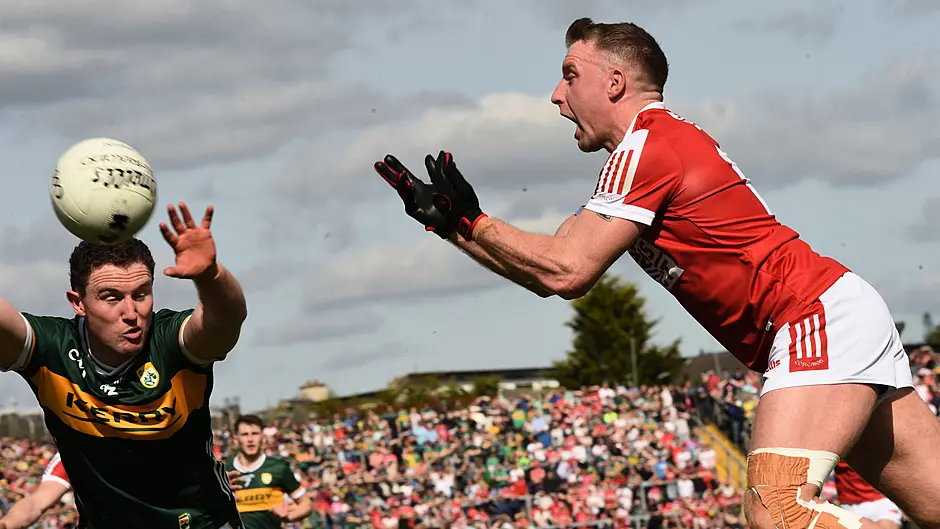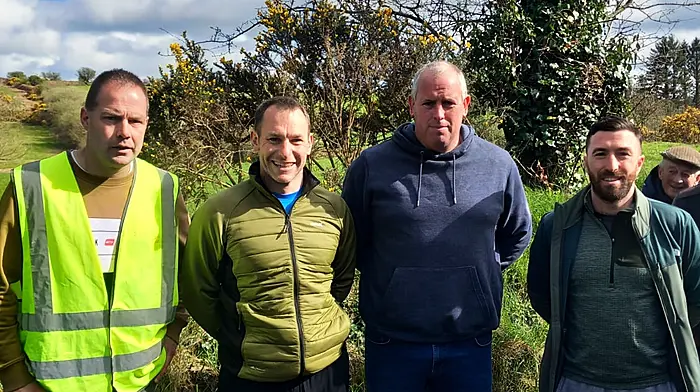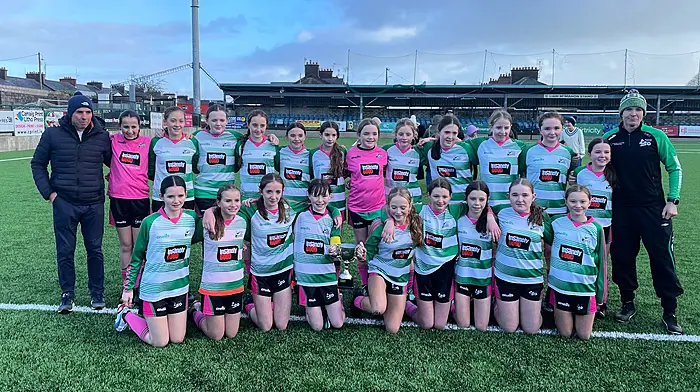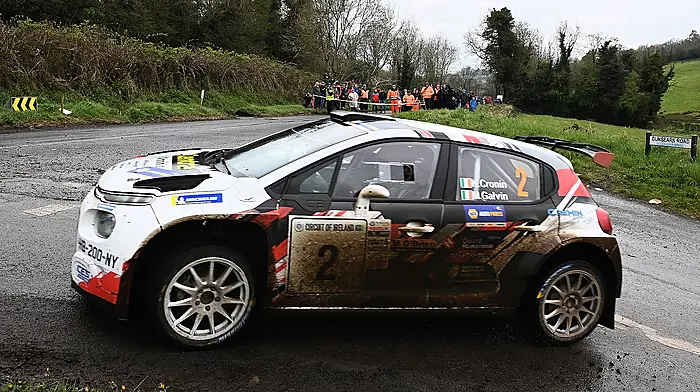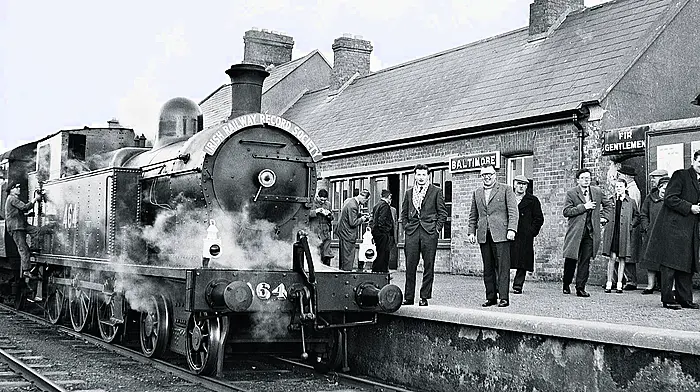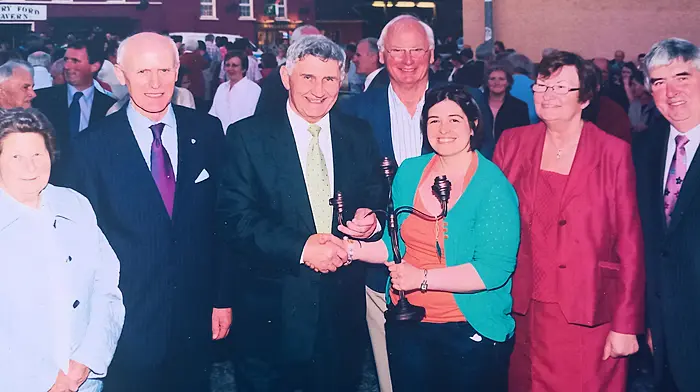
IN anticipation of the trip to Killarney in last week’s column, we posited that a strong performance and a narrow defeat would be an acceptable outcome, and so it came to pass. Add the semi-final in 2024 to the list of what-ifs and close shaves at Fitzgerald Stadium in the last 30 years. In truth, unlike some of the drawn games in that period, a Cork win did not feel likely here from some way out. Certainly not as likely as it could have felt if Cork had maintained their strong start. In an eerie parallel to our ill-fated effort in 2021, Cork came quickly out of the blocks and, with Brian Hurley in particular causing havoc, put 1-6 on the board in the opening 20 minutes to lead by four points. Virtually identical to where we found ourselves on our last visit to Killarney.
This time there was to be no subsequent collapse. Instead, and perhaps chastened by our recent history, Cork reverted to a more cagey approach. The direct and positive beginning gave way to an attempt to control the tempo and contain Kerry’s danger men. Sean Powter and the busy Paul Walsh, in particular, retreated further, and Kerry began to take more control of possession and the game. Cork did retain a threat on the counter attack, primarily through Hurley, with sporadic assistance from Chris Og Jones and Conor Corbett. Jones and Corbett flattered to deceive a little, threatening early on but failing to provide enough contributions to the scoreboard to really make Kerry worry.
In truth, a lack of support for the outstanding Hurley cost Cork in this game, as he outscored the rest of the Cork team with his 0-8 to a paltry 1-4 for the other 13 outfield players. Indeed, after the initial scoring burst, Cork would only manage six more points in the closing 50 minutes plus stoppages. I know Cork supporters would have loved to see us continue to go at Kerry as we did early in the game, and the reversion to a slower, more deliberate style will frustrate many. Given our experience in 2021, I would be in no position to be too critical.
The switch to a deeper defensive set-up appeared to be in part a pre-determined tactical move, but also down to understandable fatigue from the hard running efforts of the game’s opening stages on a warm day. This became especially apparent in the second half, when heavy Cork legs struggled to get out to pressurise Kerry as they played ‘keep ball’ around the middle of the field. It was at this stage that Cork looked to their bench to make an impact, where none was forthcoming. It was noticeable that when Sean Powter was being withdrawn, Ruairi Deane immediately went to wing back and Luke Fahy assumed Powter’s role in front of the full-back line. It’s possible that Cork stuck with this plan for too long in the second half, and with David Clifford not at his best, under close attention from the tigerish Daniel O’Mahony, could have shown more ambition and confidence in attacking the game more in the closing stages. Easier said than done, of course.
Chris Kelly was given the nod in goal for the big game and did himself no harm. As expected, Kerry pressed hard on the Cork kick out, however Chris was often happy to bide his time and wait for a Cork player to get free and pick them out. It worked several times in the first half and would lead to the Cork goal from Walsh. The stats tell us that Cork won 12/12 inside our own ’45, however the long kick-outs were far more of a lottery ending with the teams securing 50% of the 14 long Cork kickouts. Noticeably, when the legs started to tire in the second half, fewer players were making themselves an option for Chris to pick out and guarantee Cork possession. Nonetheless, it was an improvement on previous outings in this area, and with more work, Cork can take more pressure off ourselves in future outings.
On the flip side, Cork’s lack of press meant that Kerry secured 100% of their own kick out without kicking past the ’45 yard line once. Ultimately, and depressingly, Cork will soon enter our fourth decade without a championship win against Kerry outside of Cork, and while we can be encouraged by aspects of the performance and satisfied with the undoubted effort on display, we need to improve and improve significantly to get back amongst the football kingpins of Dublin and Kerry.
I would suggest that Kerry were at somewhere close to 60% or 70% of their capacity last weekend, while Cork were up in the higher echelons of our potential. The areas to target for improvement after last weekend would be a better spread of scoring, increasing our ability to secure possession from our long kick outs, and working on a more effective press of the opposition kick out. The players coming in from the bench will need to be challenged to deliver more also.

